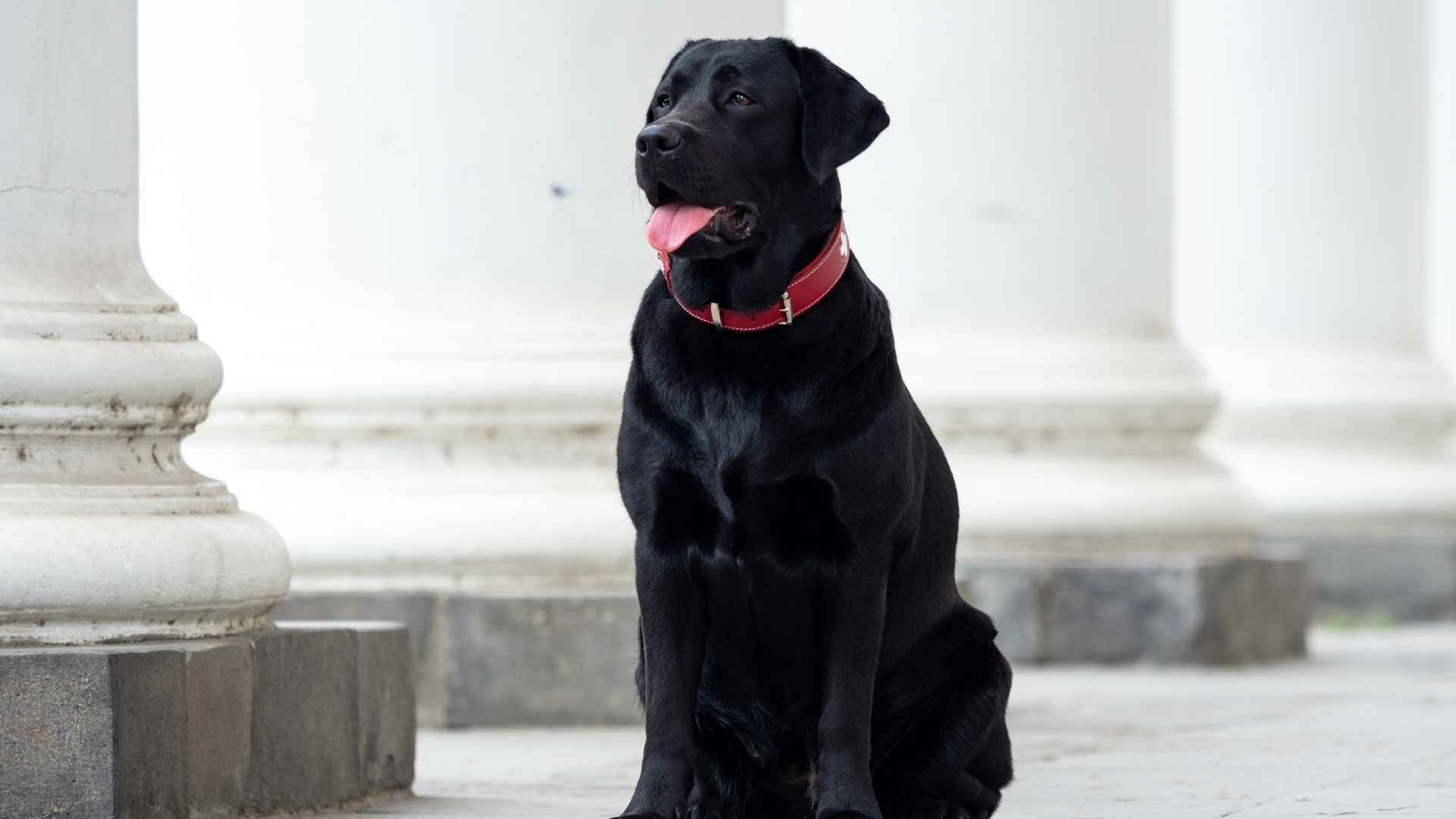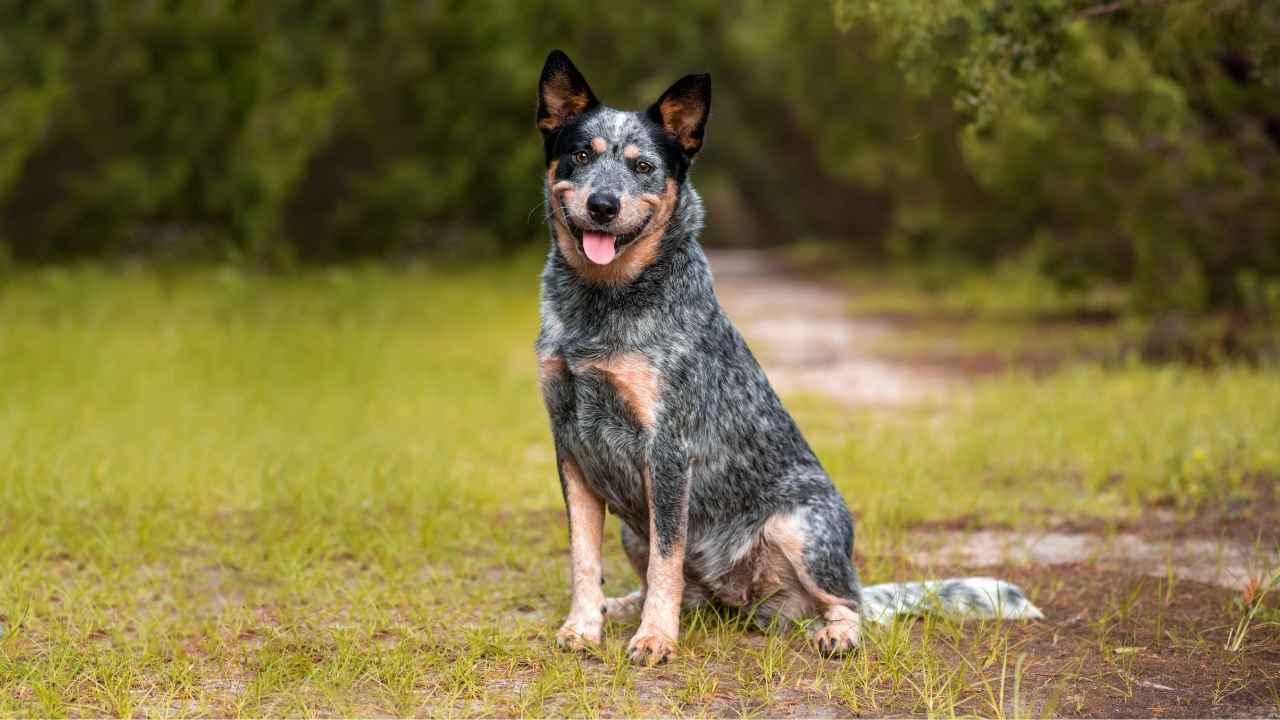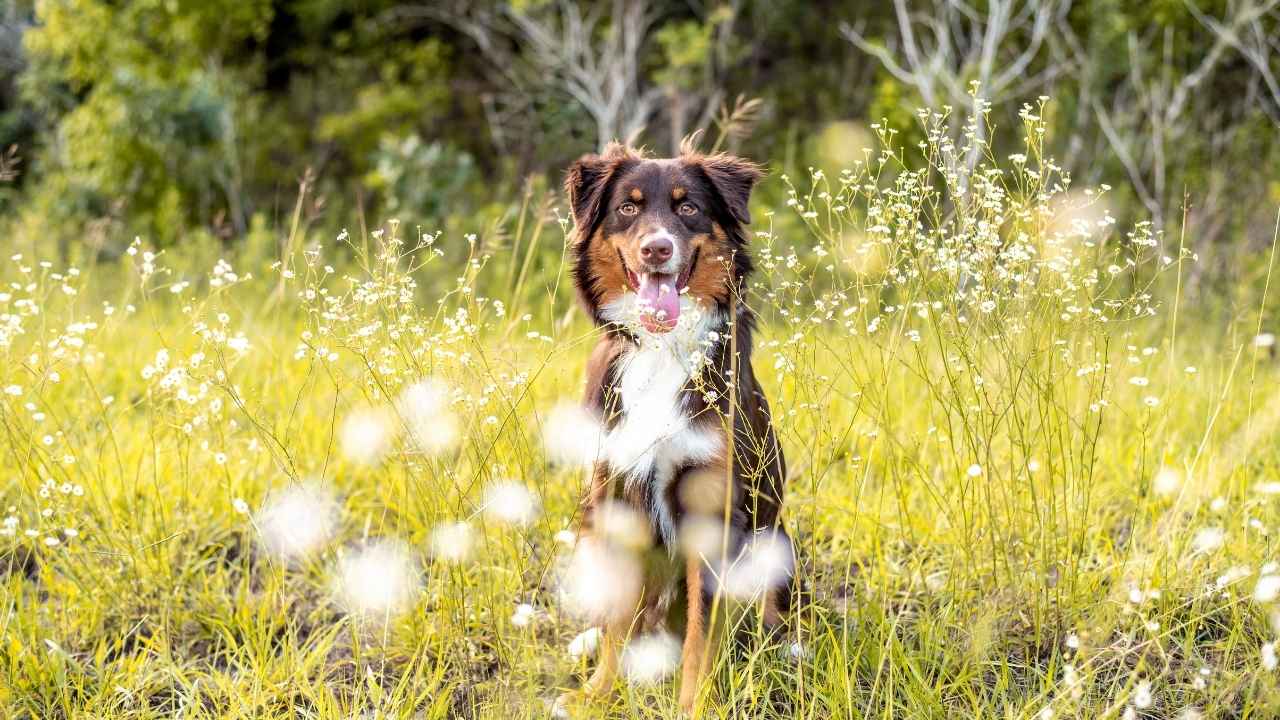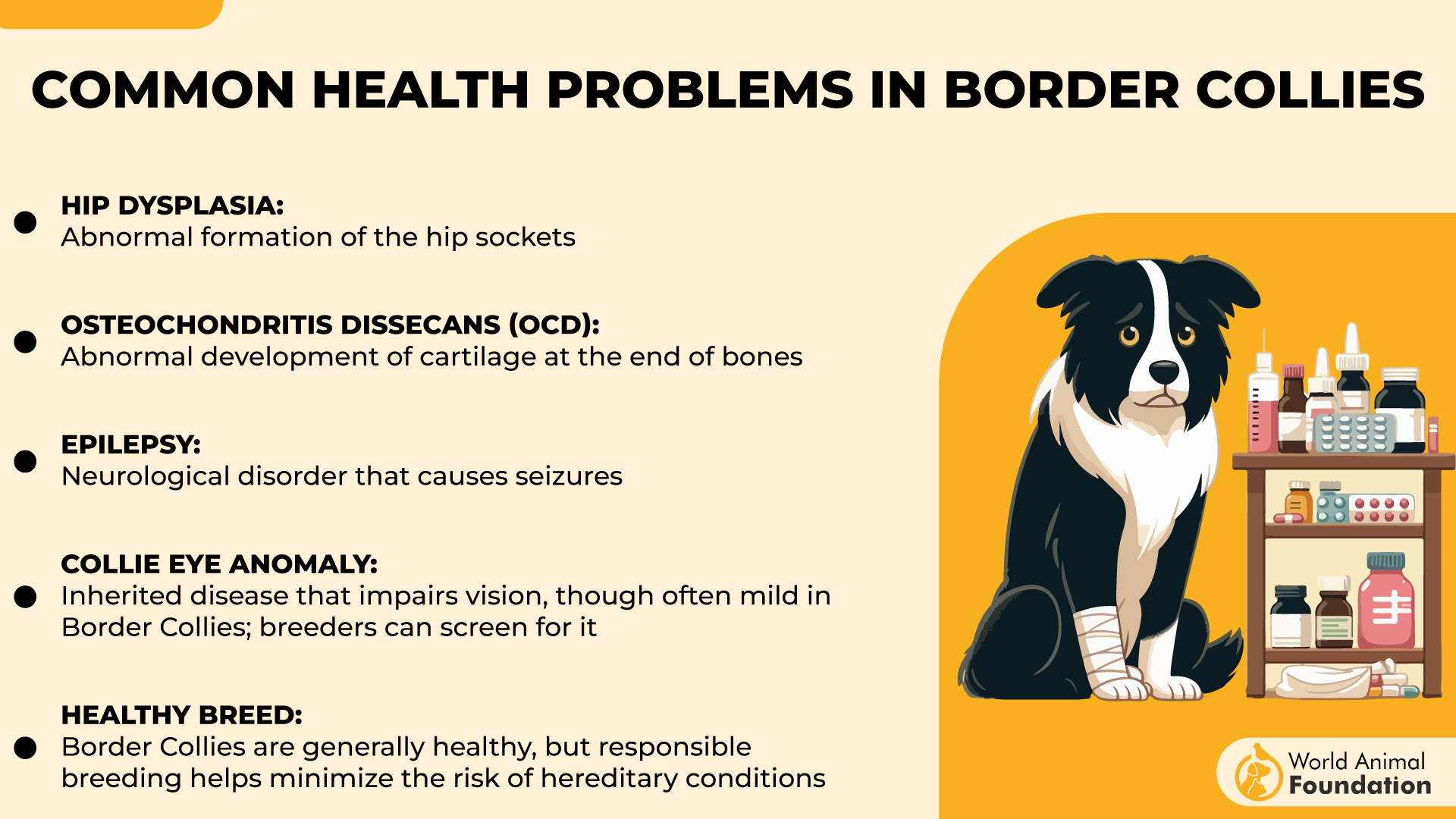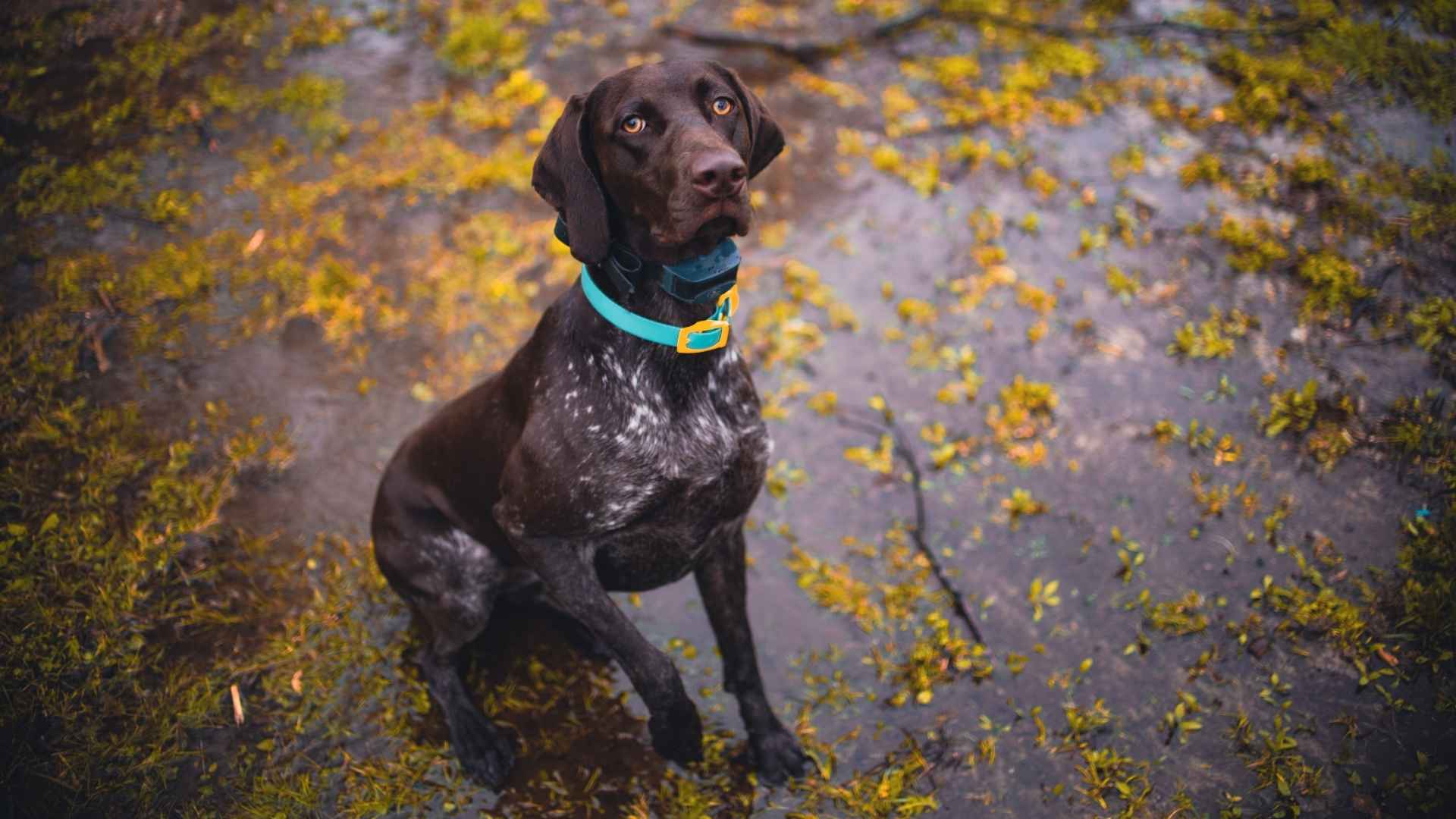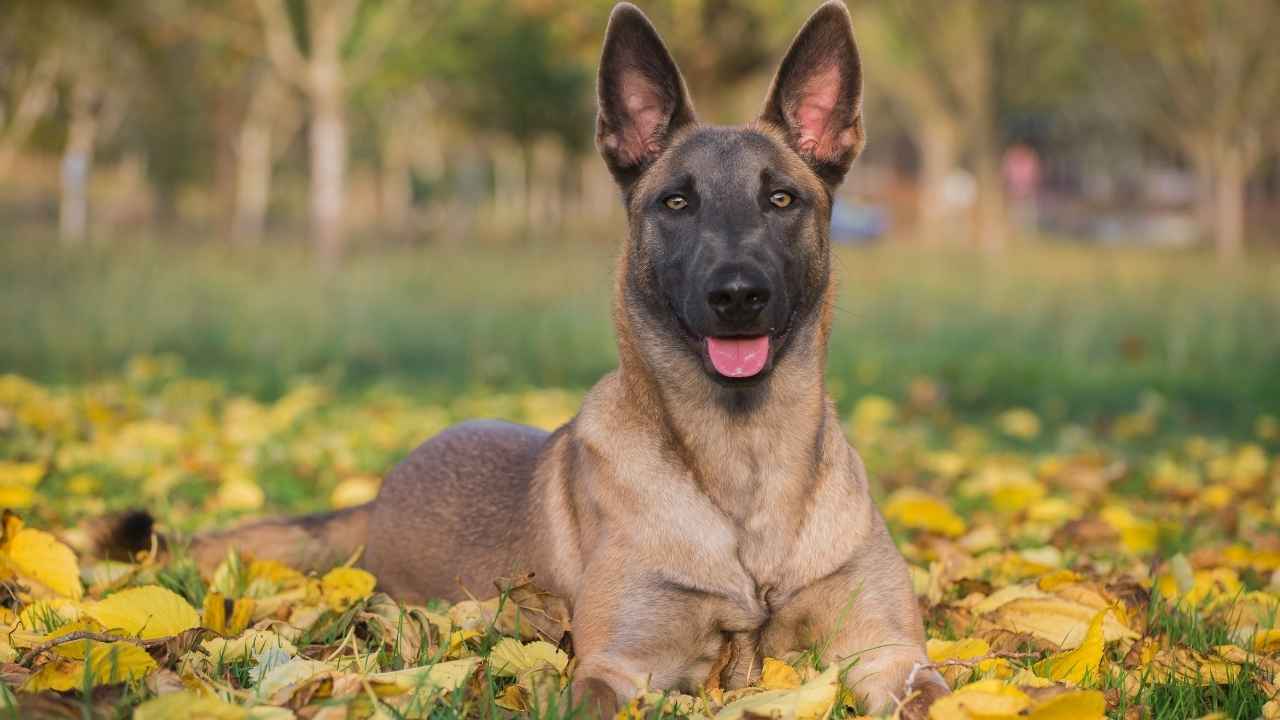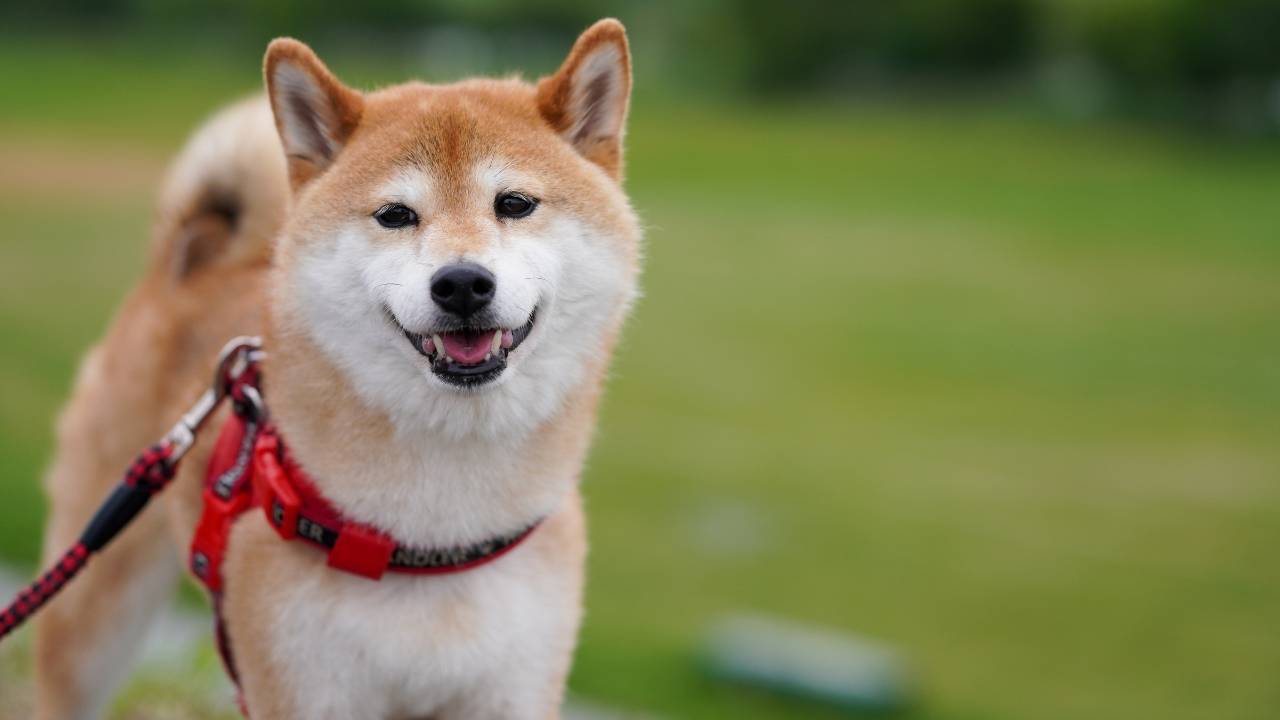Choosing a guard dog is not just about finding a reliable protector but also ensuring that your canine companion remains healthy and vibrant. In the quest for the ultimate guardian, it’s vital to consider breeds that offer both steadfast loyalty and minimal health issues. Discover the top seven guard dog breeds known for their robust health, providing you with peace of mind and years of companionship. These breeds are not only adept at safeguarding your home but also excel in leading healthy, active lives, reducing the stress of frequent veterinary visits and health-related costs.
When we bring a guard dog into our lives, we’re not just gaining a loyal protector, but a true member of the family. Like any loved one, we want them to stay healthy, happy, and by our side for as long as possible. The reality is that some dog breeds are more prone to health problems than others, and it can be heartbreaking when our furry friends face those challenges.
Luckily, some guard dog breeds are naturally more resilient, with fewer genetic health issues and longer life spans. These dogs aren’t just known for their strength and protective instincts; they’re also built to thrive over time. When you choose a guard dog breed with fewer health problems, you’re ensuring that your companion can serve you faithfully for years to come, keeping both you and your home safe.
In this article, we’ll explore 7 of the healthiest guard dog breeds, whose robust health and unwavering loyalty offer not only protection but also peace of mind. Let’s dive into the breeds that stand strong, year after year.
Guard Dog Breeds with Least Health Problems
1. German Pinscher
German Pinschers, originally from Germany, were bred for a variety of tasks, including guarding homes and hunting vermin. With their natural protective instincts, alertness, and tendency to bark at unfamiliar people or potential threats, they make excellent watchdogs.
These dogs are generally strong and healthy, though, like all breeds, they can be prone to some health issues, including hip dysplasia, eye diseases, and von Willebrand’s disease. German Pinschers are highly intelligent and need mental stimulation through training and activities to stay engaged.
Orvis points out that their energy levels are high, so regular exercise is essential to prevent boredom and unwanted behaviors. German Pinschers are confident and assertive, quickly taking charge of both your heart and your home. But don’t be fooled by their charm – they require a strong, experienced owner who can establish clear boundaries and provide consistent training from day one.
2. Australian Cattle Dog
The Australian Cattle Dog is known for its loyalty, intelligence, and protective nature, making it an excellent guard dog. While they are playful and affectionate with their family, they can be wary of strangers and may show aggression toward unfamiliar dogs. Britannica notes that their alertness makes them great watchdogs, and they typically don’t bark excessively.
This breed has an impressive lifespan, with the oldest known Australian Cattle Dog living an astonishing 29 years. Their longevity is a sign of their overall health and durability. While they are generally healthy, Australian Cattle Dogs can be prone to certain health issues like heart problems, eye defects, deafness, and hip dysplasia. However, with proper care and regular check-ups, they can live long, active lives.
Australian Cattle Dogs thrive on mental and physical stimulation due to their high energy and intelligence. They need plenty of exercise to stay happy and avoid getting into mischief. If you’re ready to provide them with an active lifestyle, they can be loyal, healthy, and reliable companions.
3. Australian Shepherd
Australian Shepherds, or Aussies, make great guard dogs due to their loyalty, protective instincts, and alert nature. However, to manage their guarding behavior, they need proper training and early socialization.
Known for their excellent health and long lifespan, Aussies are a medium-sized breed that tends to live as long as smaller dogs. They’re active, friendly, and deeply connected to their families, often keeping a watchful eye over the home. These intelligent and hardworking dogs excel in various roles, from herding livestock to participating in police and search-and-rescue work.
While they can be prone to health issues like hip dysplasia or eye conditions, Australian Shepherds are generally strong and resilient dogs. With the right care, they enjoy long, healthy lives, making them one of the healthier guard dog breeds to consider for families seeking a loyal and active companion.
4. Border Collie
Border Collies are highly intelligent, alert, and energetic dogs, making them great choices for guarding your home. Their sharp senses and natural instinct to protect make them excellent watchdogs, always on the lookout even when resting.
Though Border Collies are generally healthy and sturdy, they require a lot of exercise and mental stimulation. These dogs thrive on activity, especially when they have a job to do. However, like all breeds, they can be prone to certain health issues, such as Collie’s eye anomaly, which can affect their vision.
Fortunately, this condition can be tested for, so it’s important to ensure that any Border Collie puppy’s parents have been properly screened. According to WebMD, this helps reduce the risk of your pup inheriting health issues that could impact their quality of life. With proper care and attention, a Border Collie can be a healthy, loyal, and highly effective guard dog for years to come.
5. German Shorthaired Pointer
German Shorthaired Pointers (GSPs) are energetic, intelligent dogs known for their athleticism, making them one of the healthiest choices for a guard dog. They thrive in active environments, particularly on farms or rural properties, where their keen instincts and strong build make them excellent at patrolling and deterring intruders or wildlife.
GSPs are fiercely loyal and serve as reliable watchdogs, alerting their owners to visitors or unusual activity with a bark, though they are not typically aggressive. Their playful nature and high trainability make them great companions for active families. Plus, their short coats mean less shedding, making them easier to maintain.
While GSPs generally have a lifespan of 10-12 years, AKC states that they can be prone to health issues like hip dysplasia, progressive retinal atrophy, and certain heart conditions. However, with proper care and regular vet checkups, they are robust and make wonderful, energetic guard dogs.
6. Belgian Malinois
The Belgian Malinois is a top choice for guard dogs, thanks to their protective instincts, intelligence, and ability to train quickly. Often used in police and military K-9 units, these dogs are known for their strength and reliability.
Belgian Malinois tend to live long, healthy lives, especially when bred responsibly. While they are generally healthy, PetMD notes that they may be prone to joint issues like hip and elbow dysplasia, which can lead to discomfort as they age. However, they remain a sturdy breed overall.
With their high energy, Belgian Malinois are perfect for active owners who enjoy outdoor activities like hiking or cycling. Their intelligence and work ethic also makes them great for roles like herding and drug detection. For those who can provide plenty of exercise and mental stimulation, the Belgian Malinois is a loyal and healthy companion.
7. Shiba Inu
The Shiba Inu is a charming, independent breed that holds a special place in Japan’s history as a national treasure. Originally bred for hunting, they are highly alert, active, and adaptable—traits that make them excellent guard dogs and loyal companions. Known for their bravery and watchful nature, Shiba Inus make fantastic watchdogs as well.
This breed typically lives between 13 and 15 years, with a few potential health concerns. While not common, Shiba Inus can experience genetic issues, but maintaining good dental hygiene and a healthy diet can help prevent problems like obesity. Despite their tendency to shed heavily during spring and fall, they are generally low-maintenance when it comes to grooming. A weekly brushing is usually enough to manage their shedding, and their coat doesn’t require trimming.
Shiba Inus are known for their independent and sometimes mischievous personalities, so consistent positive reinforcement training is key. When properly trained, they can be a great fit for active families, offering both protection and affection.
Conclusion
When selecting a guard dog, choosing a breed with fewer health concerns is crucial for ensuring your canine companion stays by your side for many years. The breeds listed above, like the Belgian Malinois and German Pinscher, are among the healthiest dog breeds, known for their resilience and longevity. With proper care, these loyal protectors offer both security and good health, providing peace of mind for their families.
While we focused on breeds with fewer health issues, other dogs like the German Shepherd or Labrador Retriever are also generally healthy dogs. However, they can have specific conditions that might require extra attention. Remember, maintaining a balanced diet, regular exercise routine, and early socialization are key to keeping your guard dog healthy and happy for a long, active life.
In conclusion, selecting a guard dog breed with fewer health issues not only provides enhanced security but also ensures long-term companionship with reduced medical concerns. Breeds known for their resilience and robust health, such as the German Shepherd and Rottweiler, offer peace of mind to their owners by combining protective instincts with fewer genetic health problems. This allows for a more fulfilling and worry-free relationship between the dog and its owner, fostering a secure and supportive environment. Prioritizing breeds with strong health backgrounds facilitates better planning for the future, enhancing both the dog’s quality of life and the owner’s peace of mind.

